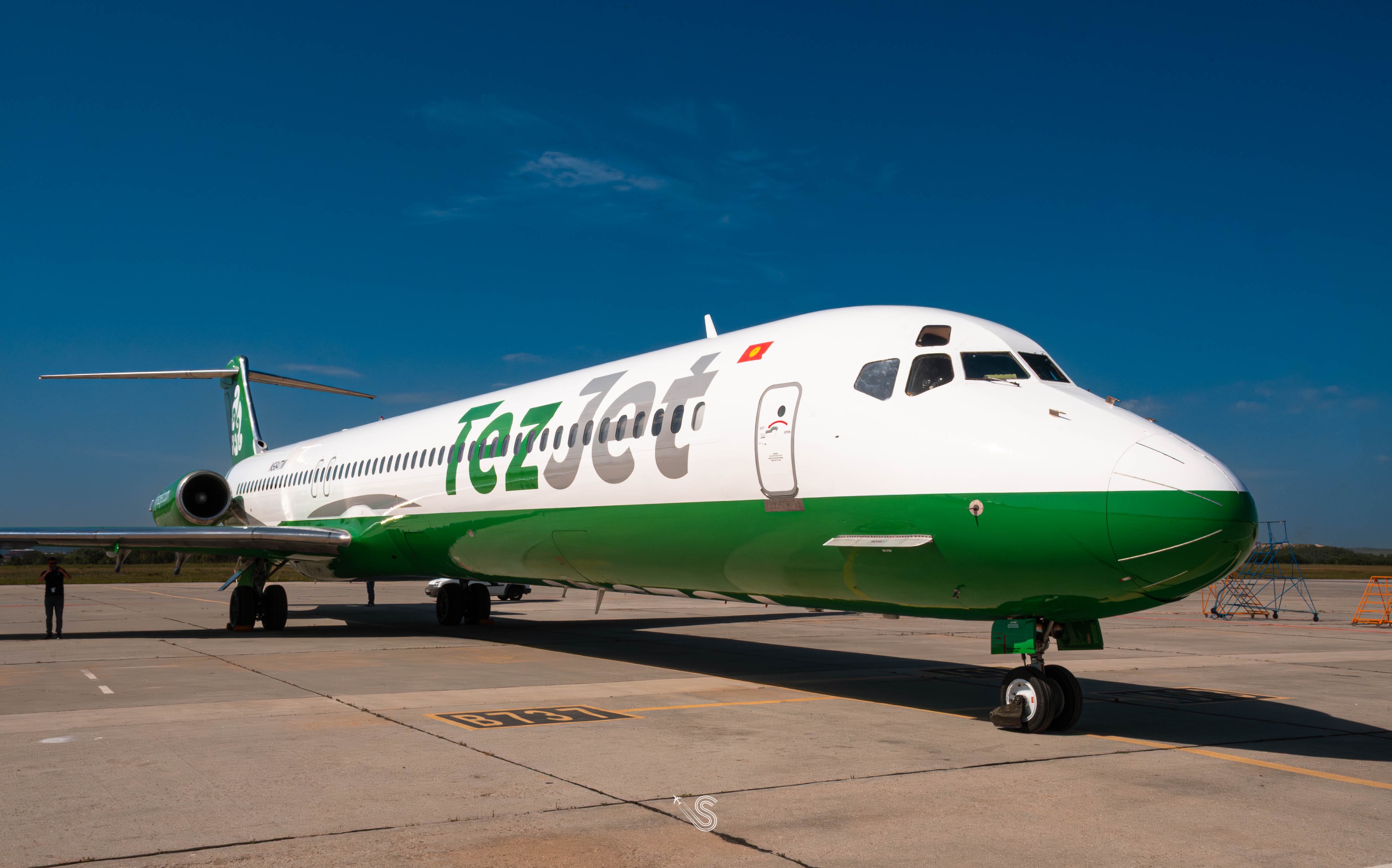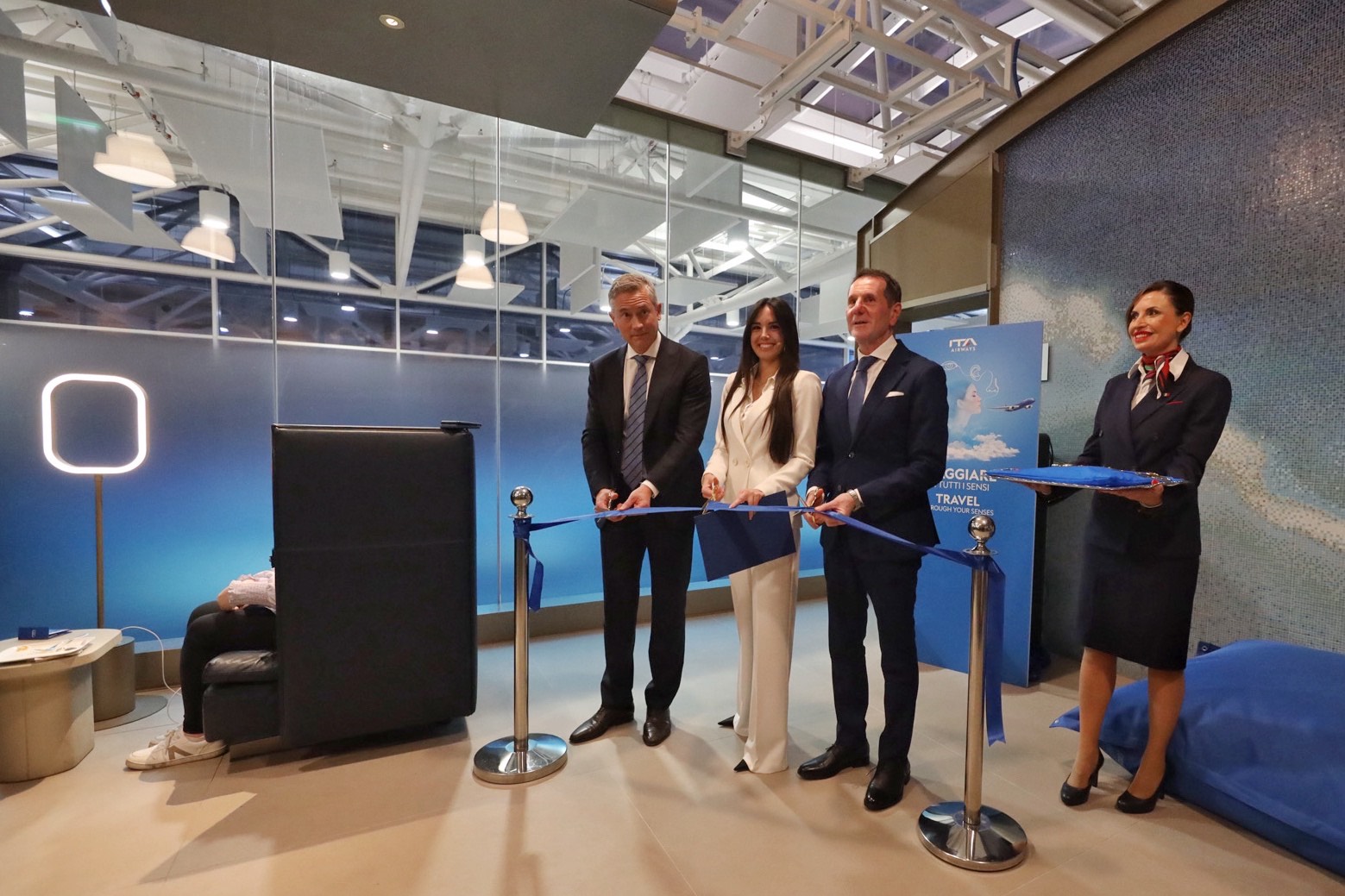In a free-wheeling webinar interview organised by CAPA – Centre for Aviation recently, József Váradi, Chief Executive Officer of Wizz Air, minced no words while sharing his opinion. He believes that bailout packages provided by governments, albeit selective, could be a hindrance to the betterment of business practices and preserve issues.
Hazel Jain
Q What is your growth strategy going forward?
We have an operating fleet of 121 aircraft which will go up to 135 within a year. In that period, we will be taking 22 new aircraft deliveries and retiring eight older aircrafts. We are growing on the basis of new technology that will give us economic efficiency.
Meanwhile, the industry is stepping backwards, deferring deliveries and cancelling orders. As a result, post COVID-19 we are going to be a very efficient, new technology based, very low-cost operation, as compared to the rest of
the industry.
Q Do you see another round of airline failures coming?
I think there will be three groups of airlines in the end. One is a very small group – just a few airlines globally, that are self-sufficient and they have preserved sufficient liquidity and cash to go through this crisis without needing significant government intervention. I think we will be one of them. Then we have another category like the large national carriers that are bailed out and approved by the governments on a discriminatory basis. They will be kept alive and the rest will basically go bust.
Q Should the government help and bail out this industry?
In the short term it feels good when the government steps in and bails you out. They put your people on furloughs on different schemes. But that preserves the inefficiencies of the airline. So as opposed to pushing you by market force to do the right thing for your business for the long run, such government acts are just preserving your issues and inefficiencies. This crisis is going to make us a significantly better business than what we are today.
Q Why do you think bailouts are a bad idea?
It is a severe undermining of basic market principles and market distortion. Let’s not forget, the governments are spending tax-payers money. And they in turn will hopefully question them why the governments are spending their money on bailing out airlines as opposed to spending it on public health, for instance. If you look at the magnitude of this spending, thousands of billions of euros are spent on these bailouts, versus the market cap of a couple of billion euros. So it is ridiculous in proportion the amount of money is put into a company, as against the real value of the equity that is bailed out here.
Since they are not forced to restructure or revive their business towards economic efficiency, the tax-payer will end up paying for this and they will be charged higher fares as against buying a ticket on an efficient airline. So I don’t think they are doing the right thing structurally in the long run.
Q So how should the government help?
If you want to have a level playing field, the government needs to measure the contribution of the airlines to their respective economies. If you want to put money into the sector, you need to do it on a fair and equitable basis, which is far from what governments are doing at this point in time.
 TravTalk India Online Magazine
TravTalk India Online Magazine




